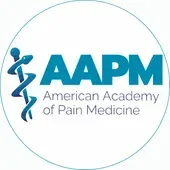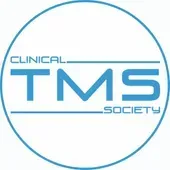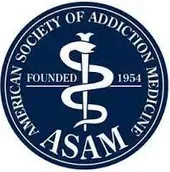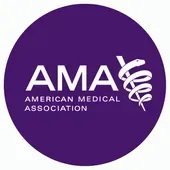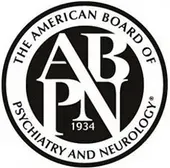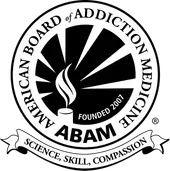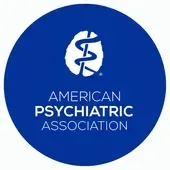Treatment-Resistant Depression Treatment
TRD Program in Chestnut Hill
If you've tried at least two different treatments for depression but had little or no relief, you may have treatment-resistant depression (or TRD). This condition can be very complex as it often affects multiple areas of a person’s life, including sleep changes, weight changes, poor work or school performance, issues within personal relationships, and more.
But there are options available for TRD. The care team at Wave Treatment Centers in Chestnut Hill, PA will work with you to create a personalized plan to finally give you relief from your depressive symptoms. From
medication management to
transcranial magnetic stimulation, our team is here to help and support you on your continued healing journey.
Start your Healing Journey
A healthier, happier life starts here — talk to our caring staff today.
Website Form Submission
Treatment-Resistant Depression FAQ
Frequently Asked Questions
The Wave Treatment Centers' providers are excellent. Appointments are on time and offices are calm and pleasant.
Chris R.





